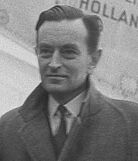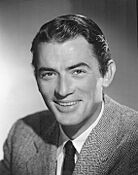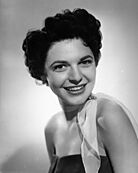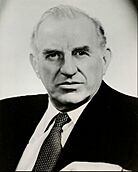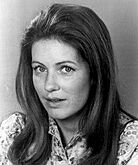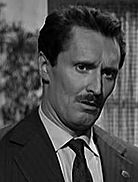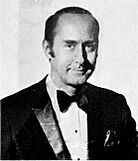35th Academy Awards facts for kids
Quick facts for kids 35th Academy Awards |
|
|---|---|
| Date | April 8, 1963 |
| Site | Santa Monica Civic Auditorium |
| Hosted by | Frank Sinatra |
| Produced by | Arthur Freed |
| Directed by | Richard Dunlap |
| Highlights | |
| Best Picture | Lawrence of Arabia |
| Most awards | Lawrence of Arabia (7) |
| Most nominations | Lawrence of Arabia (10) |
| TV in the United States | |
| Network | ABC |
The 35th Academy Awards celebrated the best movies of 1962. The event took place on April 8, 1963, at the Santa Monica Civic Auditorium in Santa Monica, California. Famous singer and actor Frank Sinatra was the host for the evening.
The biggest winner of the night was David Lean's movie Lawrence of Arabia. It received 10 nominations and won 7 awards. These included the award for Best Picture and Best Director for David Lean. This was Lean's second time winning Best Director. Peter O'Toole was nominated for Best Actor for his role as T. E. Lawrence. This was his first of eight nominations, but he never won an Oscar for acting. Lawrence of Arabia is the only Best Picture winner that does not have any speaking roles for women.
Another notable film was Arthur Penn's The Miracle Worker. It won two acting Oscars without being nominated for Best Picture. Anne Bancroft won Best Actress, and Patty Duke won Best Supporting Actress. This was a very rare achievement for a movie.
Contents
Awards and Winners
The nominations for the 35th Academy Awards were announced on February 25, 1963. The winners in each category are listed first and shown in bold letters.
| Best Picture | Best Director |
|---|---|
|
|
| Best Actor | Best Actress |
|
|
| Best Supporting Actor | Best Supporting Actress |
|
|
| Best Original Screenplay | Best Adapted Screenplay |
|
|
| Best Foreign Language Film | Best Documentary Feature |
|
|
| Best Documentary Short | Best Live Action Short Subject |
|
|
| Best Animated Short Film | Best Original Score |
|
|
| Best Adapted Score | Best Song |
|
|
| Best Sound | Best Art Direction, Black-and-White |
|
|
| Best Art Direction, Color | Best Cinematography, Black-and-White |
|
|
| Best Cinematography, Color | Best Costume Design, Black-and-White |
|
|
| Best Costume Design, Color | Best Film Editing |
|
|
| Best Special Effects | |
|
|
Special Awards
Jean Hersholt Humanitarian Award
This award goes to someone in the film industry whose humanitarian efforts have brought credit to the industry.
- Steve Broidy received this award.
Presenters and Performers
Presenters
These are the people who announced the winners for each award:
- George Chakiris (Presented: Best Supporting Actress)
- Wendell Corey (Presented: Best Foreign Language Film)
- Joan Crawford (Presented: Best Director)
- Bette Davis (Presented: Writing Awards)
- Olivia de Havilland (Presented: Best Picture)
- Van Heflin (Presented: Short Subjects Awards)
- Audrey Hepburn and Eva Marie Saint (Presented: Best Costume Design)
- Gene Kelly (Presented: Best Art Direction)
- Sophia Loren (Presented: Best Actor)
- Karl Malden (Presented: Best Film Editing)
- Rita Moreno (Presented: Best Supporting Actor)
- Donna Reed (Presented: Best Cinematography)
- Ginger Rogers (Presented: Best Original Score)
- Maximilian Schell (Presented: Best Actress)
- Frank Sinatra (Presented: Best Original Song)
- Miyoshi Umeki (Presented: Documentary Awards)
- Shelley Winters (Presented: Best Sound Recording and Best Special Effects)
Performers
These artists performed during the ceremony:
- Alfred Newman (musical director)
- Robert Goulet (Sang songs from nominated films like Days of Wine and Roses and Mutiny on the Bounty)
Film Nominations and Wins
Here's a look at which films received the most nominations and awards:
|
The following nineteen films received many nominations:
|
The following four films won multiple awards:
|
See also
- 5th Grammy Awards
- 14th Primetime Emmy Awards
- 15th Primetime Emmy Awards
- 16th British Academy Film Awards
- 16th Tony Awards
- 20th Golden Globe Awards
- 1962 in film
 | Toni Morrison |
 | Barack Obama |
 | Martin Luther King Jr. |
 | Ralph Bunche |


